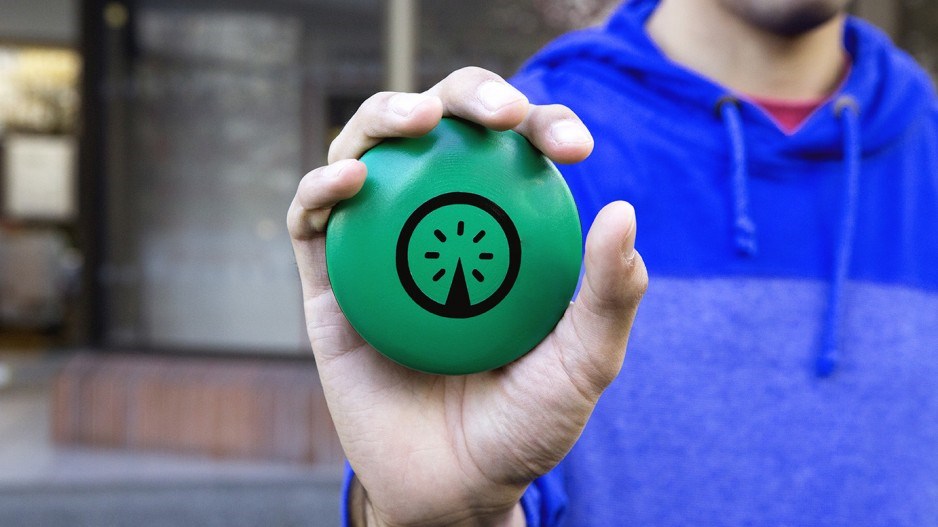Trent Shumay doesn’t bother waiting until he’s in his car before turning on the stereo.
When he leaves the office, a beacon inside his glove box detects his approach and sends a message to his smartphone asking if he wants to get the stereo pumping.
Beacon technology has been around for about two years but most of its applications have been used for commercial purposes. For example, sending alerts to shoppers’ smartphones that an item is on sale in the store they just walked into.
But Shumay, the chief technology officer of Vancouver-based IoT Design Shop, is certain the consumer market is ripe for the taking.
“I think that people already get a lot of messages and a lot of advertising — I don’t think most consumers crave more of that,” he said.
That hunch was confirmed in late September when a crowdfunding campaign for the consumer Signul beacon zipped past its original goal of US$25,000 in just three days.
“Having a tool to validate the market and make sure there is demand is really important,” Shumay said.
With three weeks left to go in the campaign, more than US$34,000 has been raised by people who want IoT Design Shop to build them Signul beacons for their own personal use.
“Home automation is going to be the other sort of big application for beacons because most people have their phone with them almost at all times and get kind of stressed out if they don’t,” Shumay said.
“Being able to automate security, and safety and lights based on the presence of your phone is going to make a big impact.”
The commercial devices are more configurable than the consumer beacons, which run for about $50 each.
Shumay said this allows businesses to build and tailor their own apps, while making the consumer versions easier to use. Anyone buying the consumer-oriented Signul beacon would get a free app already configured to complete certain tasks.
For instance, if someone walks away from their work desk between 6 and 8 p.m., the beacon would trigger the owner’s smartphone. The phone would then send an automated message to his or her partner, letting them know they should expect them home soon.
The beacons are assembled from top-to-bottom in B.C. — for now. Shipping costs within and from Canada, which range from $8-19, have proven to be somewhat of a challenge for the startup.
“Right now we’re waiting to gauge total unit sales at the end of the (crowdfunding) campaign and we’ll make some decisions about whether we end up distributing everything from Vancouver or we end up having to use fulfillment centre in the United States and Europe as well,” Shumay said.




